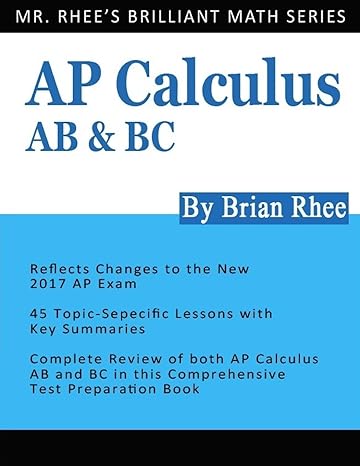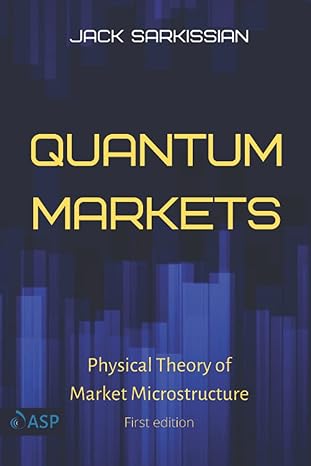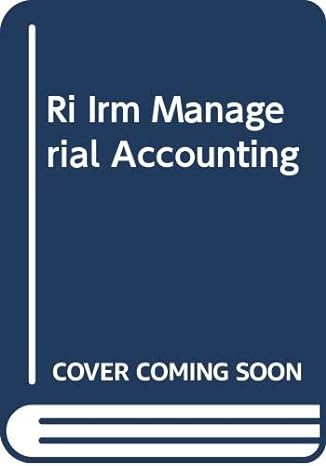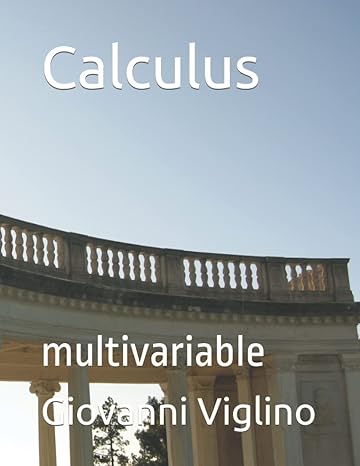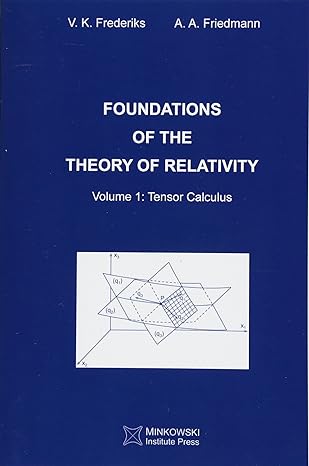Go back

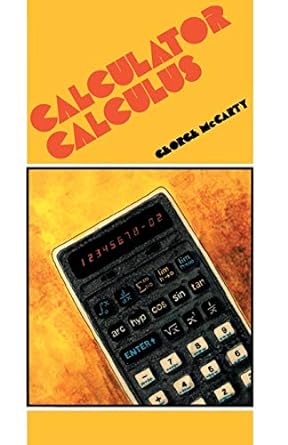
Calculator Calculus(1st Edition)
Authors:
G. Mccarty

Cover Type:Hardcover
Condition:Used
In Stock
Include with your book
Free shipping: April 13, 2024Popular items with books
Access to 3 Million+ solutions
Free ✝
Ask 10 Questions from expert
200,000+ Expert answers
✝ 7 days-trial
Total Price:
$0
List Price: $35.26
Savings: $35.26(100%)
Book details
ISBN: 0419129103, 978-0419129103
Book publisher: Springer
Get your hands on the best-selling book Calculator Calculus 1st Edition for free. Feed your curiosity and let your imagination soar with the best stories coming out to you without hefty price tags. Browse SolutionInn to discover a treasure trove of fiction and non-fiction books where every page leads the reader to an undiscovered world. Start your literary adventure right away and also enjoy free shipping of these complimentary books to your door.
Calculator Calculus 1st Edition Summary: How THIS BOOK DIFFERS This book is about the calculus. What distinguishes it, however, from other books is that it uses the pocket calculator to illustrate the theory. A computation that requires hours of labor when done by hand with tables is quite inappropriate as an example or exercise in a beginning calculus course. But that same computation can become a delicate illustration of the theory when the student does it in seconds on his calculator. t Furthermore, the student's own personal involvement and easy accomplishment give hi~ reassurance and en couragement. The machine is like a microscope, and its magnification is a hundred millionfold. We shall be interested in limits, and no stage of numerical approximation proves anything about the limit. However, the derivative of fex) = 67.SgX, for instance, acquires real meaning when a student first appreciates its values as numbers, as limits of 10 100 1000 t A quick example is 1.1 , 1.01 , 1.001 , •••• Another example is t = 0.1, 0.01, in the function e/3t+9-3)/t. ix difference quotients of numbers, rather than as values of a function that is itself the result of abstract manipulation.
Customers also bought these books
Frequently Bought Together
Top Reviews for Books
Paul Parsaie
( 4 )
"Delivery was considerably fast, and the book I received was in a good condition."


